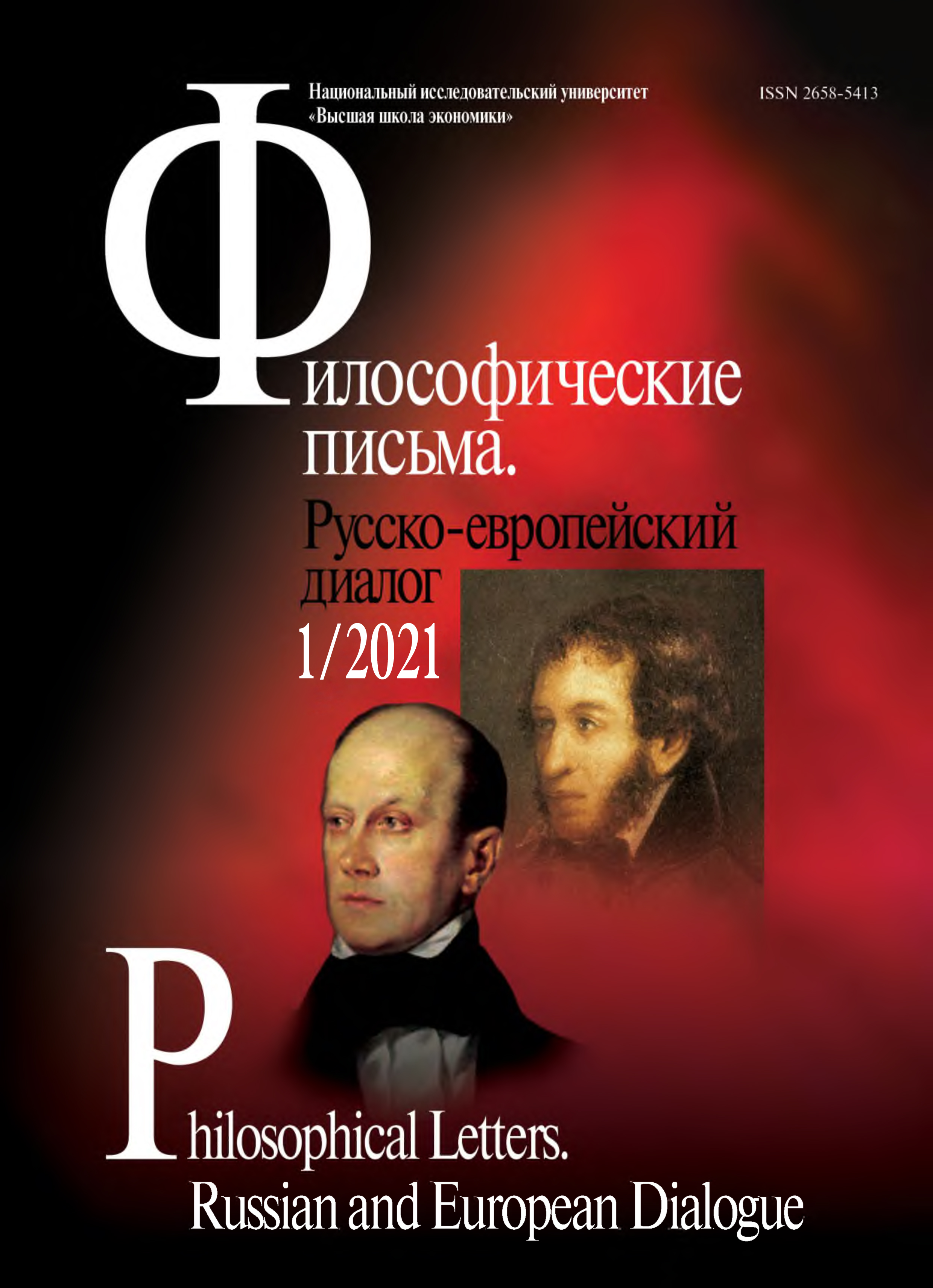Fyodor Dostoevsky’s Homo Religiosus: Between Sacrum and Profanum, Russia and Europe
Abstract
Europe has always remained one of the key points of reference in the process of world-view self-determination of Fyodor Dostoyevsky. Without taking into account the nature, meaning and evolution of its relationship to Europe, it becomes impossible to describe and explain the overall dynamics of Dostoyevsky’s thought and attitude, as well as his proposed historiosophical view of Russia’s history and the history of the world. All of them assumed a three-phase conceptualization of time, typical of religious thinking, including: 1. primary unity, 2. state of alienation and internal tearing, and 3. a repeat, mature unity. It is, therefore, necessary to consider the legitimacy of understanding and explaining Dostoyevsky’s intellectual identity and attitude in terms of homo religiosus. In order to fully recognize the structure and evolution of his thoughts, it is worth taking advantage of the cognitive opportunities offered by the post-Kantian theoretical perspective. In the proposed approach, avoiding the ontologisation of explanatory schemes, one can not only more adequately define the status of Russia and Europe in the Russian-general perspective fulfilment of the, but also to recognize the postulating de facto status of the Dostoyevsky concept, which is a kind of equivalent to the Kantian demands of practical reason.

